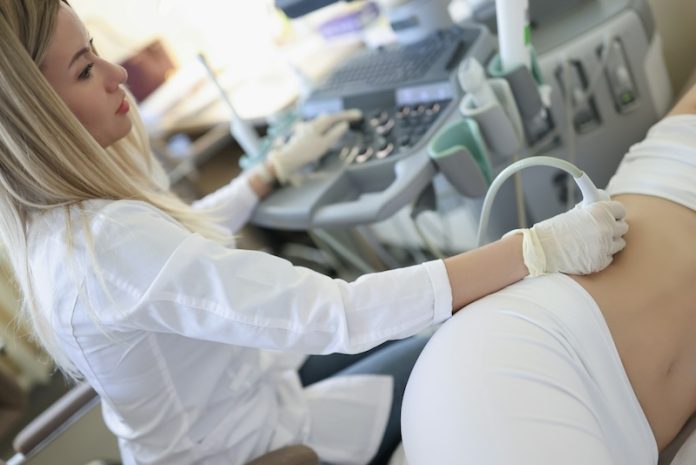
Recent research has highlighted that boys and men have a higher likelihood of experiencing acute kidney injury (AKI) compared to girls and women across all ages.
Published in the American Journal of Kidney Diseases, the study conducted by researchers at Yale School of Medicine and Albert Einstein College of Medicine analyzed over 235,000 hospitalizations within a single health system from 2015 to 2019, including 53,926 cases of AKI.
The findings revealed that males were more vulnerable to AKI than females, regardless of age group.
Acute kidney injury, or AKI, is a condition where the kidneys suddenly lose their ability to filter waste from the blood. It can be triggered by a variety of factors, including infections, certain medications, and physical trauma.
“AKI is not a single disease but a response to different types of kidney damage,” explained Dr. Ladan Golestaneh, a nephrologist and professor at Yale, who led the study. She added that the study revealed a consistent pattern: males faced a higher risk of AKI across various causes of the condition.
In their analysis, the researchers divided participants into three age groups: 6 months to 16 years, 17 to 54 years, and 55 years or older.
For each age group, boys and men were found to have higher odds of developing AKI. The difference was most pronounced in the 17 to 54 age group, where males had a 70% greater risk of AKI compared to females.
One possible explanation for this difference is the protective effect of female hormones, especially estrogen. Dr. Golestaneh noted that previous studies have largely focused on post-menopausal women, who naturally have lower estrogen levels.
These studies may have overlooked estrogen’s protective benefits, which seem most effective during a woman’s reproductive years.
“Our study shows that the protection provided by female sex hormones is strongest among menstruating women, absent in young prepubertal girls, and declines as women reach menopause,” she explained.
The study builds on earlier research in animals, which has indicated that estrogen might help shield the kidneys from injury.
Dr. Golestaneh suggested that these findings could spark interest in developing therapies that use estrogen or similar compounds to help protect the kidneys, potentially benefiting people at risk of AKI.
In summary, this large study supports the idea that men and boys are more susceptible to AKI across all ages, while women seem to receive some protection, especially before menopause.
This knowledge could open new paths for understanding and treating kidney injuries, making it possible to develop better prevention strategies for those at high risk.
If you care about kidney health, please read studies about how to protect your kidneys from diabetes, and drinking coffee could help reduce risk of kidney injury.
For more information about kidney health, please see recent studies about foods that may prevent recurrence of kidney stones, and eating nuts linked to lower risk of chronic kidney disease and death.
The research findings can be found in the American Journal of Kidney Diseases.
Copyright © 2024 Knowridge Science Report. All rights reserved.



